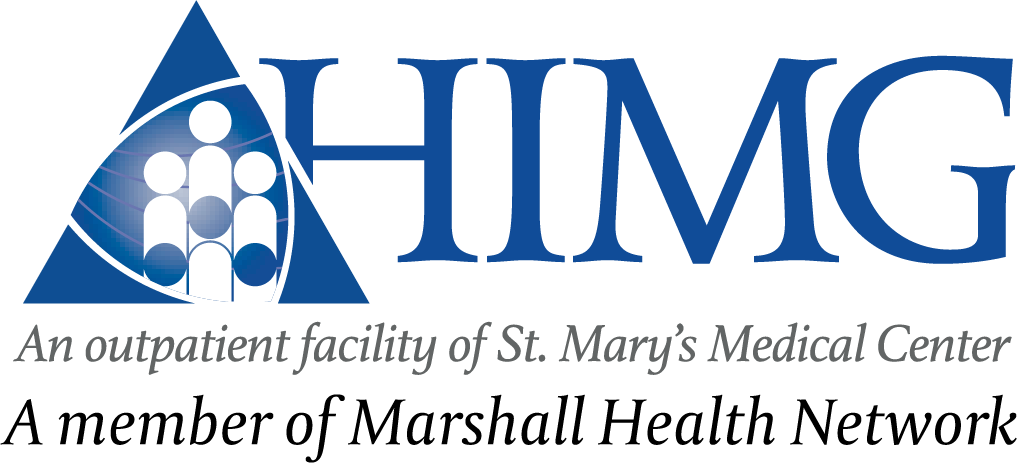Stomach and Intestinal Disorders
Constipation
Constipation is the difficult passage of stools (bowel movements) or the infrequent (less than three times a week) or incomplete passage of stools. Constipation is usually caused by inadequate "roughage" or fiber in the diet, or a disruption of the regular routine or diet. Constipation causes a person to strain during a bowel movement. It might include small, hard stools, and sometimes causes anal problems such as fissures and hemorrhoids. Constipation is rarely the sign of a more serious medical condition.
The doctors at HIMG can provide you with some solutions and remedies to relieve this problem.
Irritable bowel syndrome (IBS)
Irritable bowel syndrome (also called spastic colon, irritable colon, or nervous stomach) is a condition in which the colon muscle contracts more readily than in people without IBS. A number of factors can trigger IBS including certain foods, medicines, and emotional stress. Symptoms of IBS includeabdominal pain and cramps, excess gas, bloating, and a change in bowel habits such as harder, looser, or more urgent stools than normal. Often people with IBS have alternating constipation anddiarrhea.
Treatment includes avoiding caffeine, increasing fiber in the diet, monitoring which foods trigger IBS (and avoiding these foods), minimizing stress or learning different ways to cope with stress, and sometimes taking medicines as prescribed by your health care provider.
Structural disorders
Structural disorders are those in which the bowel looks abnormal and doesn't work properly. Sometimes, the structural abnormality needs to be removed surgically. The most common structural disorders are those affecting the anus, as well as diverticular disease and cancer.
Crohn's Disease
Crohn’s disease is part of a group of digestive conditions called inflammatory bowel disease (IBD). Crohn’s most commonly affects the end of the small intestine called the ileum, but it can affect any part of the digestive tract.
HIMG physicians can provide you with many options in order to help with the pain of Crohn's.
Ulcerative Colitis
The symptoms of ulcerative colitis are very similar to those of Crohn's, but the part of the digestive tract affected is solely the large intestine, also known as the colon.
If your immune system mistakes food or other materials for invaders, sores or ulcers develop in the colon’s lining. If you experience frequent and urgent bowel movements, pain with diarrhea, blood in your stool, or abdominal cramps, visit your HIMG physician.
Please contact us at (304) 528-4660.



